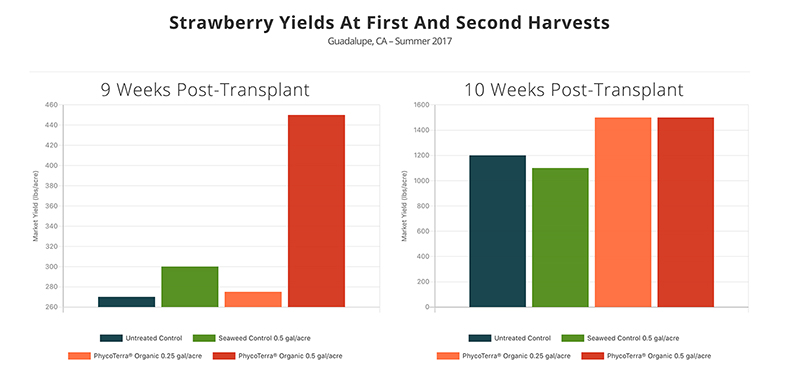Opinion: Paying Attention To Obama’s Agenda On Ag
As President Obama takes on the enormous challenge of leading the nation, I thought it would be prudent to study his agenda on agriculture. His top agenda item was for a “strong safety net for family farms.” This would cap farm payments at $250,000 to help family farms, and not “corporate” agribusiness, or as it goes on to say “mega farms.” We can argue on the payment limit figure and whether it is too high or too low, but what I want to draw out here is the idea of “corporate” farms. I’ve never quite understood why we’ve taken to bashing the “evil corporations” almost like it is a national pastime.
Pointing Fingers
When debating farm policy, the argument is put forth that large, corporate farms exist at the expense of small, family farms. That may be true to some degree, but what I take issue with is often the definition of corporate. I was editor of Cotton Grower magazine for quite a few years and covered the industry closely. U.S. cotton producers are held up as the poster children for corporate, mega farms.
We are told that government subsidies to U.S. cotton producers are a central factor in the suffering of poor African farmers. In battles at the World Trade Organization, opponents of the U.S. cotton program argue subsidies keeps cotton acreage high in this country, therefore keeping world prices low at the expense of poor farms. Yet, U.S. cotton acres are projected to be the lowest in decades for the coming season — not far off from half its size from the early 2000s.
All In The Family
I always wondered at how cotton producers were portrayed as these back-room, corporate moguls. Yes, there are some big cotton farms in America, but by in large, they are families. Fathers, sons, wives, and daughters all running an enterprise that must have size for economies of scale in modern agriculture. Some argue that “modern agriculture” is the problem, and we need to return to a more idealistic, sustainable, agrarian lifestyle and run those big-wheel, corporate farmers off. If we do that, I’d argue a large part of agricultural infrastructure would be lost and there could be a sizeable hole left in America’s breadbasket. When farming infrastructure goes away, it doesn’t come back overnight. But should we worry about that? I am sure there are plenty of foreign producers willing to fill the void … just like our friends in oil-rich countries when it comes to our dependence on oil.
So let’s be cautious as we head into a very valid and rightful debate over the future of farm policy in this country, and not fall easily for media and political created boogiemen like “corporate, mega farms.”









